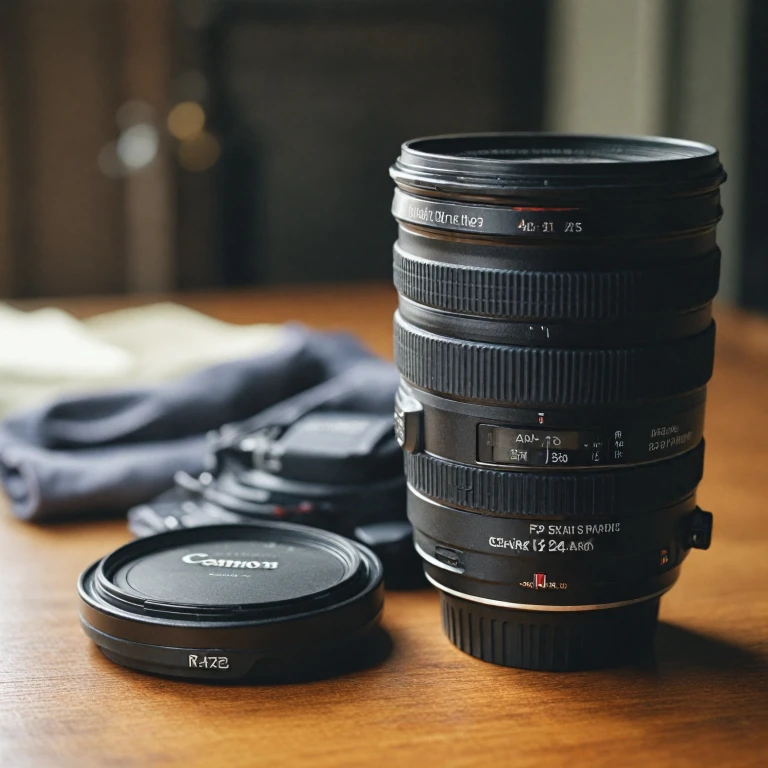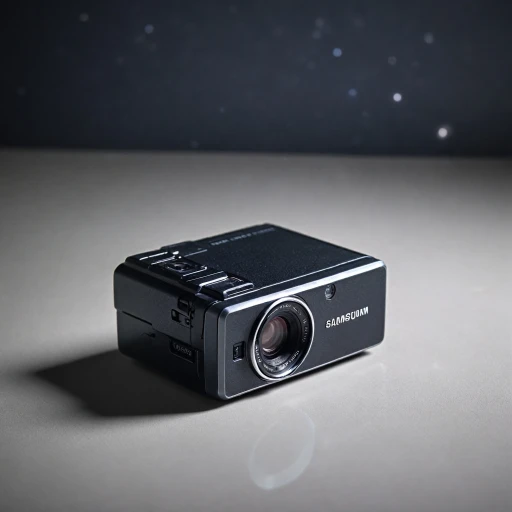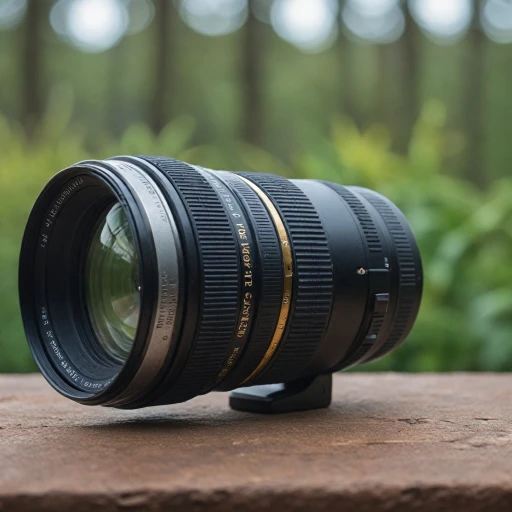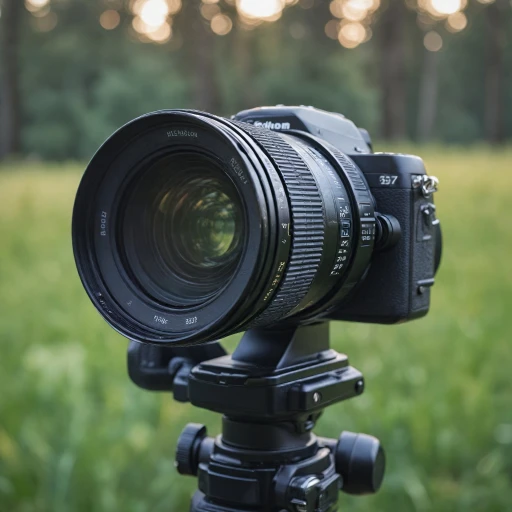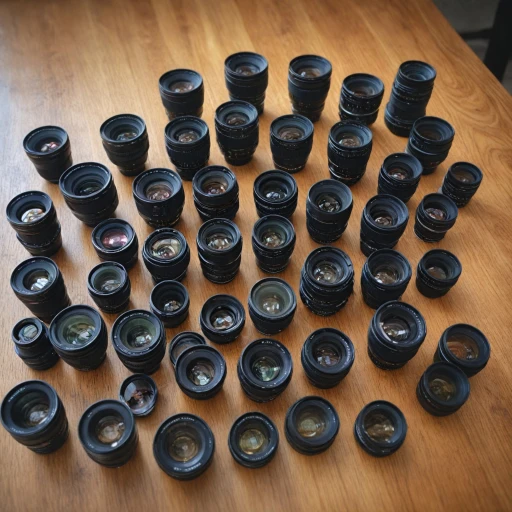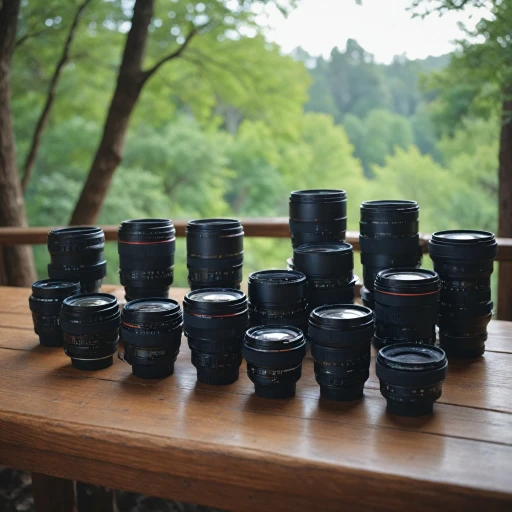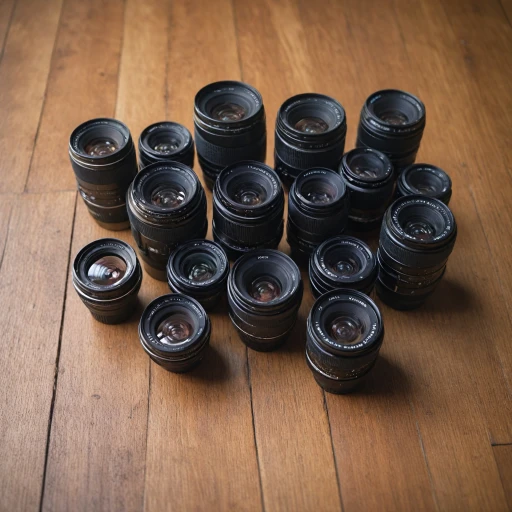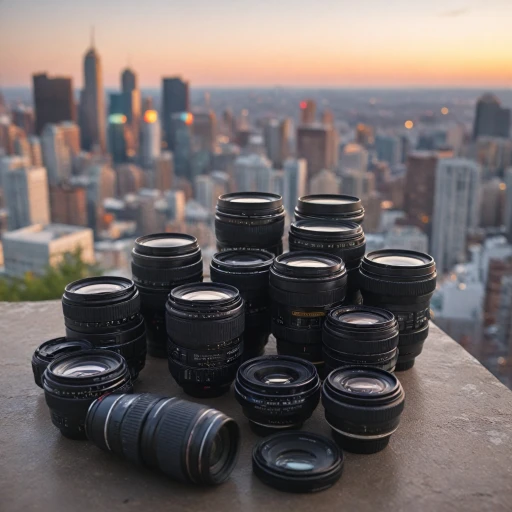
Understanding the Canon EF Lens System
Understanding the Canon EF System Through Digital Camera Connections
The Canon EF lens system, launched in 1987, transformed the world of digital cameras, becoming an integral part of photography for both amateurs and professionals. Embracing a unique electronic focus mechanism, it facilitated a seamless integration with Canon’s range of EOS cameras. Given the importance of mount compatibility, the EF series stands out, allowing photographers to effortlessly attach lenses to digital cameras, expanding their creative horizons.
Canon’s EF lenses, including the coveted USM and STM models, offer remarkable performance, adapting to different photography styles from portrait to wildlife. For enthusiasts who seek variety without breaking the bank, turning to the pre-owned market for Canon lenses can be a brilliant strategy. These lenses maintain the optical quality and durability needed for professional-grade work, at a more accessible price point.
The Canon EF series supports an extensive line-up of lenses, like the Versatile Zoom, enabling photographers to capture breathtaking landscapes and intimate portraits with ease. Canon’s collaboration with brands like Sigma and Fujifilm to produce mount lenses, adapting to the ever-evolving photographic needs, further enriches its adaptability.
As mirrorless cameras gain popularity, Canon EF lenses continue to hold value for DSLR users. The advancement in EF lens technology ensures compatibility across cameras, including Nikon and Panasonic, expanding the scope for accessory enthusiasts. Whether you’re exploring used lenses or enhancing your collection, the EF system’s legacy of innovation and reliability speaks for itself.
Advantages of Buying Used Canon EF Lenses
Exploring the Affordability and Accessibility of Pre-owned Options
Purchasing used Canon EF lenses offers financial advantages and accessibility to high-quality photography equipment. Opting for pre-owned lenses can significantly reduce expenses, especially for photographers eager to expand their gear collection without breaking the bank. Additionally, used lenses often come with a host of features that continue to match up with the needs of modern photography.- Cost-Effective Investment: Buying used lenses allows photographers to access premium equipment at a fraction of the cost of new ones. This is especially beneficial for hobbyists or professionals seeking to explore various types of photography without incurring hefty expenses.
- Access to High-End Models: The used market often contains high-end models that may have been discontinued, like some vintage Canon EF lenses, providing unique opportunities to own equipment otherwise unavailable in new condition.
- Varied Selection: The diversity of used lenses available means there’s something for everyone. Whether you're looking for a Canon USM lens, prime lenses, or zoom lenses, the secondhand market offers a broad array of choices.
- Same Lens Compatibility: Used Canon lenses retain compatibility with EOS digital cameras and mirrorless setups through appropriate mount adapters. This ensures seamless integration with existing camera gear, without the need to update existing camera mounts.
Certainly, the market for used lenses extends beyond Canon, offering options from Nikon, Panasonic, Sigma, Pentax, Fujifilm, and even Leica. When buying used, it's also essential to ensure quality by thoroughly checking lenses for wear and testing their functionality before closing the deal. While exploring these options, also consider the availability of used accessories like camera bags or the convenient perk of free shipping offered by some sellers.
Evaluating the Condition of a Used Lens
Assessing the Quality of Your Potential Purchase
When diving into the world of pre-owned Canon EF lenses, it's crucial to evaluate the condition of each lens carefully. A good starting point is to inspect the lens for any physical damage, such as scratches, dents, or signs of excessive wear. Here's a step-by-step guide to help you make an informed decision:- Look for Scratches and Fungi: Examine both the front and rear glass elements for any scratches or fungus. These can impact image quality significantly.
- Check the Aperture Blades: Use a small flashlight to check the aperture blades. They should move smoothly without any visible oil stains, which can indicate internal issues.
- Test Autofocus and IS: Attach the lens to a compatible Canon EOS digital camera to test the autofocus and image stabilization (IS, if available). The USM technology should respond promptly, with minimal noise.
- Lens Mount and Accessories: Inspect the Canon mount for any signs of wear or damage. Ensure that any included accessories, like lens hoods or Canon STM motors, are also in good condition.
- Zoom and Focus Rings: Rotate the zoom and focus rings to ensure they move smoothly without resistance or looseness.
Where to Find Reliable Used Canon EF Lenses
Reliable Sources for Used Canon EF Lenses
When searching for used Canon EF lenses, it's essential to know where to look to ensure you're getting a reliable product. With a plethora of options available, both online and offline, finding a trustworthy source is crucial for a satisfactory purchase.
- Online Marketplaces: Websites like eBay and Amazon offer a wide range of used lenses. These platforms often have user reviews and ratings, which can help gauge the reliability of the seller. However, be cautious of the condition descriptions and always verify the seller's reputation.
- Photography Forums and Communities: Engaging with photography communities can be beneficial. Platforms like Reddit or specialized photography forums often have sections where members sell used gear. These communities can offer insights into the lens's history and any potential issues.
- Local Camera Stores: Many local camera shops sell used equipment. These stores typically inspect and test lenses before selling, providing an added layer of assurance. Plus, you can physically examine the lens before purchasing.
- Manufacturer Refurbished: Canon and other manufacturers sometimes offer refurbished lenses. These lenses are often repaired and tested to meet factory standards, offering a reliable alternative to buying new.
- Online Retailers Specializing in Used Gear: Websites like KEH and B&H Photo have dedicated sections for used equipment. They often provide detailed descriptions, condition ratings, and warranties, making them trustworthy options for purchasing used lenses.
Finding the right source for your used Canon EF lens can save you money and ensure you get a quality product. Whether you're looking for a zoom lens, a Canon USM, or other accessories, these avenues can provide reliable options. Just remember to evaluate the lens's condition carefully, as previously discussed, and consider the seller's reputation.
Tips for Negotiating the Best Price
Tactics to Secure a Great Deal
Negotiating the best price for your used Canon EF lens involves a few strategic steps, ensuring that you not only secure a fair deal but also receive value for your investment. Here are some effective tactics to help you:- Do Your Research: Before entering a negotiation, arm yourself with knowledge. Familiarize yourself with the typical price range for your desired lens model by checking recent sale prices on reputable photography forums and online marketplaces. Understanding the lens's market value helps in identifying a realistic offer.
- Check for Bundled Offers: Sometimes sellers include additional items such as used accessories or camera bags with lenses, which can provide more value. Consider these offers if they align with your needs, as they can enhance your photography setup with minimal extra cost.
- Assess the Sale Context: Know why the seller is letting go of the lens. If the owner is upgrading their equipment to a mirrorless camera or switching from Canon to another brand like Nikon or Fujifilm, they might be eager to sell quickly and open to negotiation.
- Communicate Effectively: When contacting the seller, maintain a professional and respectful tone. Highlight your interest in the lens while gently pointing out any wear or limitations that could justify a price reduction.
- Leverage Shipping Costs: Discuss whether the price includes shipping, especially if the seller is not providing free shipping. Offering to manage or share the shipping cost might tilt the negotiation in your favor.
- Consider the Competition: Mention the availability of similar lenses from brands such as Sigma or Pentax. This can sometimes prompt the seller to reconsider their asking price if they sense they might lose a potential sale to competitors.
Maintaining Your Used Canon EF Lens
Keeping Your Used Canon EF Lens in Prime Condition
Ensuring the longevity and performance of your used Canon EF lens involves more than simply being cautious during use. Regular maintenance is key to preserving its functionality and can prevent avoidable repairs. Here’s how you can maintain your lens effectively:- Regular Cleaning: Keep your lens clean by using a microfiber cloth to wipe away dust and smudges. For deeper cleaning, use a lens cleaning solution designed specifically for cameras. Be gentle and avoid applying too much pressure.
- Proper Storage: Store your lens in a dry and cool environment to prevent mold and fungus growth. Utilize camera bags or lens pouches for additional protection. Consider using silica gel packs within your storage setup to control humidity.
- Check for Mechanical Issues: Periodically inspect the zoom and focusing rings for smoothness in operation. If you notice any difficulty in adjusting these elements, it might be time to visit a professional for servicing.
- Use Appropriate Accessories: Invest in quality lens caps and filters to shield your lens from dust and scratches during use. Additional accessories like lens hoods can help minimize flare and maintain image quality.
- Firmware Updates: If you're using a digital camera with your Canon EF lens, ensure that both the camera and lens are using the most up-to-date firmware. This can enhance communication between the lens and camera body, which is crucial for models like Canon USM or Canon STM lenses.

